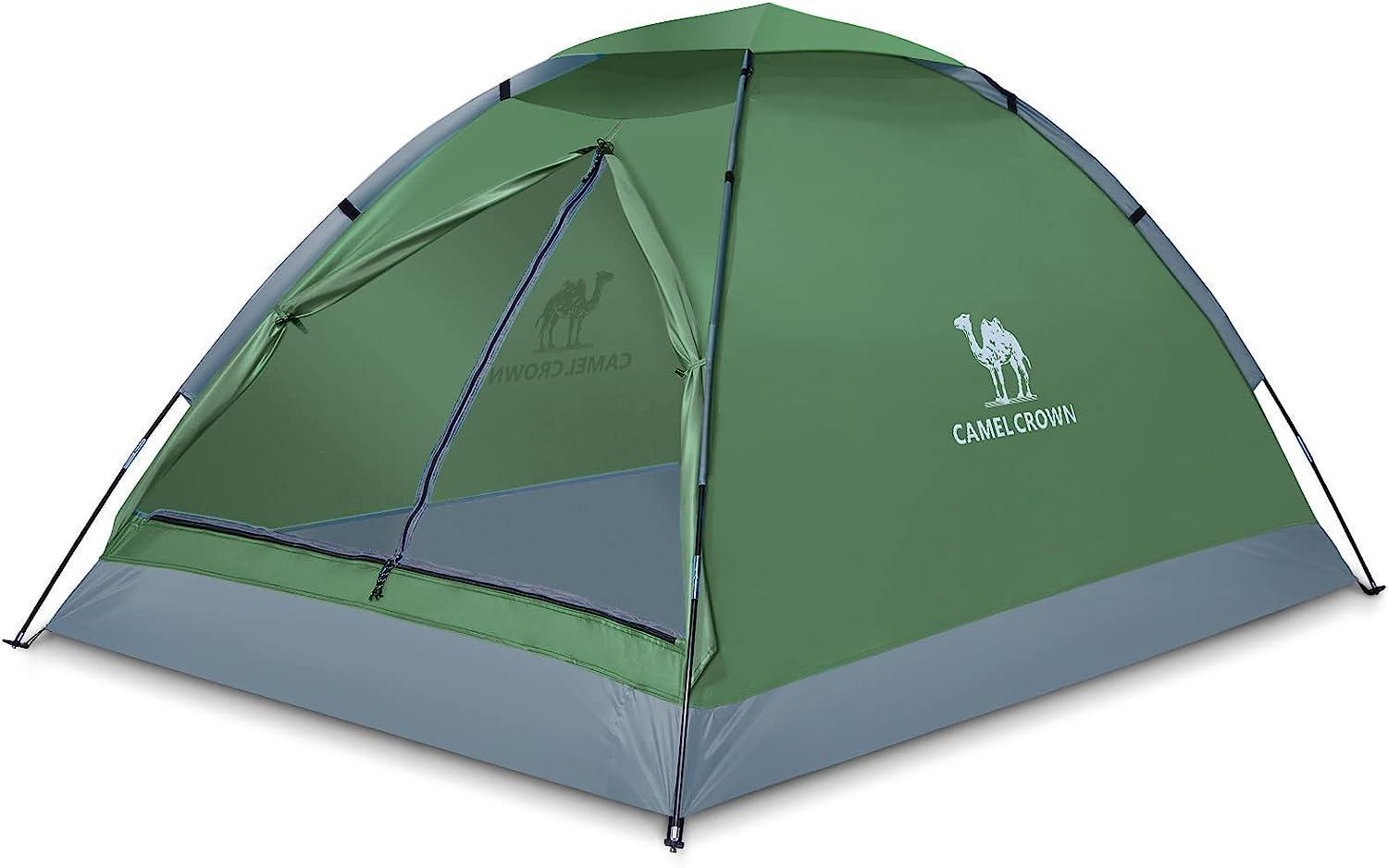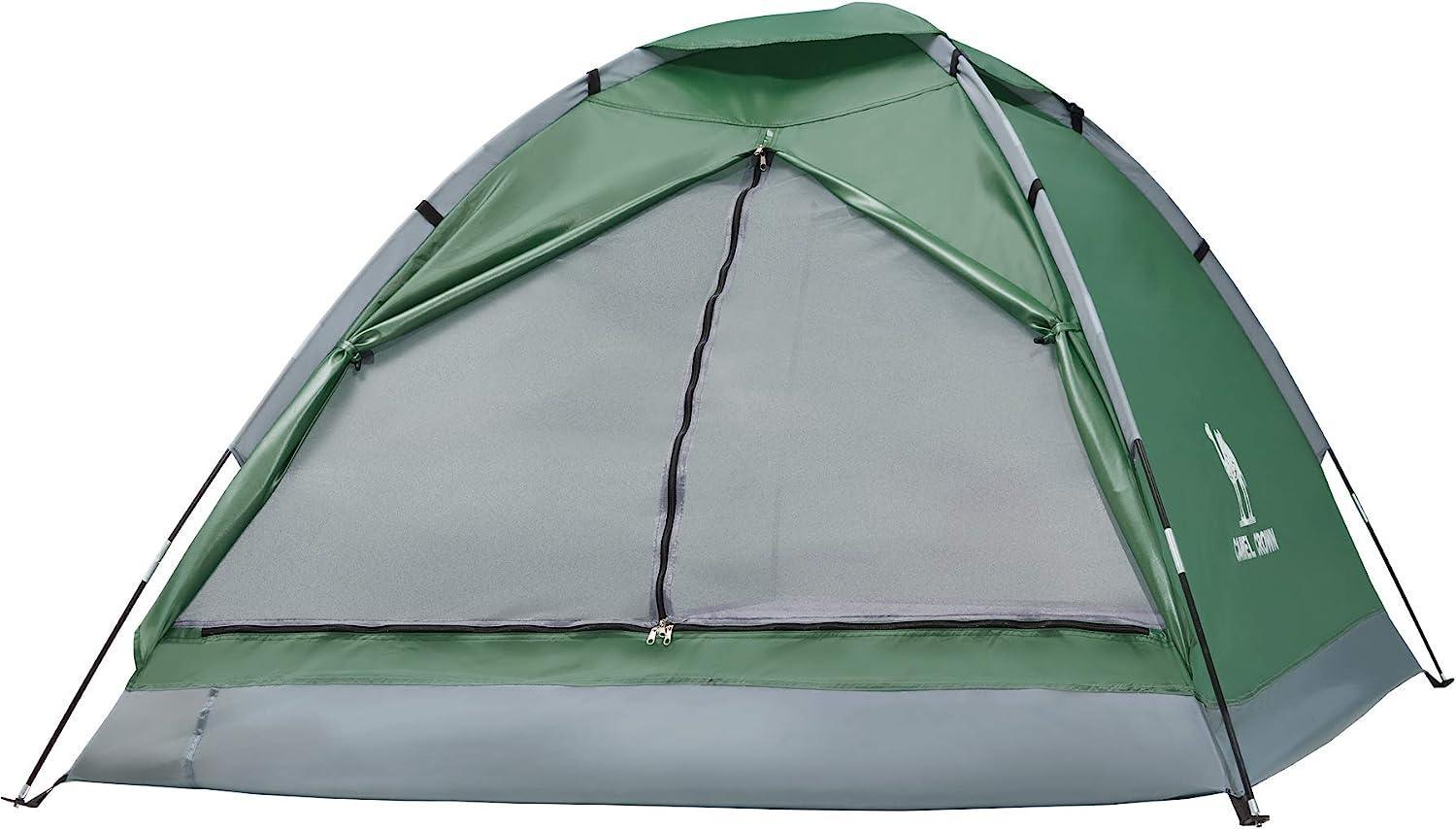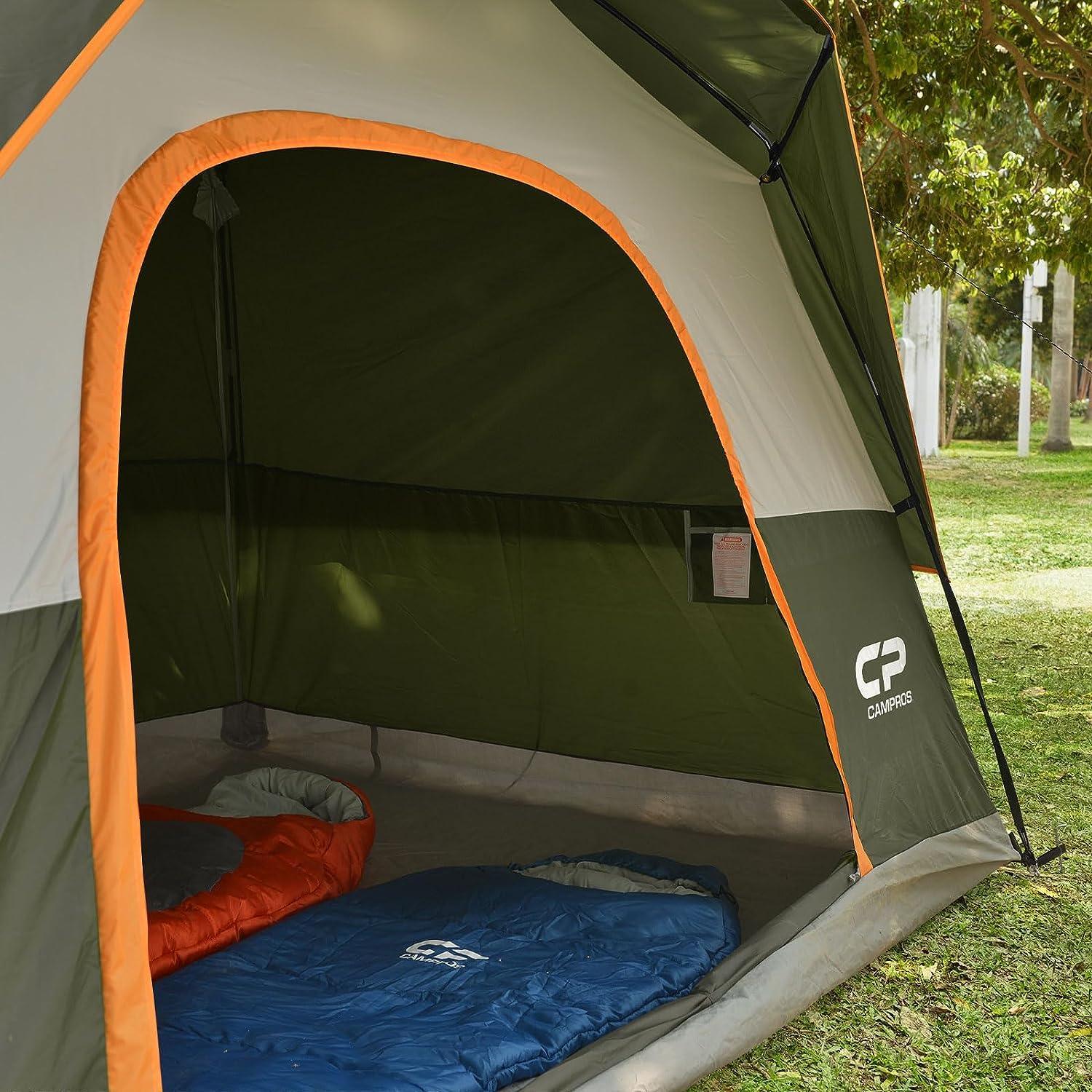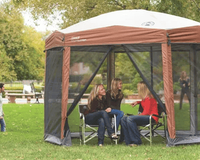As the chill of winter sets in, adventurous souls don't have to hang up their camping gear. In fact, camping in winter offers a unique and magical experience that seasoned campers cherish. Picture waking up to a serene snow-covered landscape and the crisp morning air. So, wondering how to tent camp in the winter? To help you embrace the beauty of winter while staying comfortable and safe, we've compiled 20 invaluable tips for camping in winter.

1. Plan Ahead
Prioritize thorough research on weather conditions, terrain characteristics, and accessibility to your chosen winter camping destination in UK. Always inform a reliable person about your trip's details and estimated return time, enhancing safety measures in case of unexpected situations.

2. Quality Gear
Investing in premium winter-specific gear is essential for safe and enjoyable camping in the winter. Opt for four-season tents engineered to handle snow loads, cold-rated sleeping bags designed to withstand low temperatures and harsh conditions, and insulated sleeping pads that create a barrier against the cold ground.
3. Proper Tent Setup
The location and setup of your tent significantly impact your comfort and safety. Choose a sheltered spot that's shielded from strong winds and potential snow accumulation. Properly secure your tent's guy lines and stakes to prevent collapses due to accumulating snow.

4. Block Drafts in Your Tent
Ensure your tent provides maximum insulation by blocking drafts. Seal any gaps with clothing, extra tarps, or specially designed draft blockers. This step prevents cold air from infiltrating your sleeping area, enhancing your overall warmth and comfort.
5. Sleep System
Elevate your sleeping setup with insulated sleeping pads. Placing these pads beneath your sleeping bag adds an extra layer of insulation between your body and the cold ground, effectively preventing heat loss through conduction.
6. Take Extra Blankets or Quilts
Pack additional blankets or quilts, even if you have a high-quality sleeping bag. Layering blankets on top of your sleeping bag can provide extra insulation, trap more body heat, and create a cozier sleeping environment, ensuring a warmer and more comfortable night's rest in the cold.
7. Stay Dry
In a cold environment, moisture can quickly lead to discomfort and, in the worst cases, hypothermia. Ensure you pack extra sets of clothes, socks, and gloves. Changing into dry garments is pivotal for preserving warmth and preventing the chilling effects of dampness.
8. Layer Up
Implement a strategic clothing approach by wearing multiple layers. Begin with moisture-wicking base layers to manage sweat and maintain dryness, followed by insulating middle layers to trap body heat, and conclude with waterproof outer layers to shield against snow, wind, and moisture infiltration.
9. Warm Footwear
Prioritize footwear that offers both insulation and waterproofing. Insulated and waterproof boots are indispensable to keep your feet warm and dry, while gaiters provide an additional layer of protection against snow entering your boots.

10. Hand and Foot Warmers
Pack a supply of disposable hand and foot warmers. These compact heat sources can provide instant warmth to your extremities during particularly cold moments, offering temporary relief and improving overall comfort.
11. Use a Hot Water Bottle
Combat the cold by bringing a hot water bottle. Boil water, fill a sturdy, leak-proof bottle, and secure it in your sleeping bag before bed. This simple technique generates localized warmth that can last for hours, ensuring you stay cozy through even the chilliest nights of winter camping.
12. Nutritious Meals
Consume calorie-dense meals that provide sustained energy and warmth. High-calorie foods like trail mix, energy bars, and warm beverages not only stave off hunger but also generate internal heat to combat the cold.
13. Stay Active
Engage in light physical activities to maintain your body's heat-generating capacity. Simple exercises like jumping jacks, brisk walking, or gentle stretching can boost circulation and help you stay warmer.
14. Hydration
Staying hydrated is just as crucial in winter as it is in other seasons. Carry a water bottle and place it close to your body to prevent freezing. Sip water regularly, even if you don't feel as thirsty due to the cold weather.

15. Winter Cooking
Prioritize safety when cooking in winter conditions. Use a portable stove for cooking instead of attempting to create a fire, which can be challenging in snowy environments. Avoid cooking inside your tent to prevent the buildup of carbon monoxide.
16. Sun Protection
Winter sun can be deceivingly strong, especially when reflecting off the snow. Protect your eyes with sunglasses that offer UV protection, apply sunscreen to exposed skin, and use a balaclava or scarf to shield your face from wind and sunburn.
17. Keep Electronics Warm
Cold temperatures can drain battery life quickly. Store electronic devices like phones, cameras, and GPS units in your sleeping bag or insulate them with extra clothing.
18. Buddy System
Whenever possible, camp with a companion. Sharing body heat inside a tent or shelter can significantly enhance warmth, and having a partner ensures that someone is there to help in case of emergencies.
19. Knowledge of Hypothermia
Educate yourself about the signs and symptoms of hypothermia, a potentially life-threatening condition caused by prolonged exposure to cold temperatures.
20. Emergency Communication
Carry reliable means of communication such as a fully charged cell phone, a satellite communication device, or a two-way radio. These tools enable you to reach out for help in case of emergencies, ensuring a swift response if needed. Don’t forget to bring a portable power station with lithium batteries, which ensures your essential gadgets like headlamps and GPS devices remain reliable throughout your winter camping trip, enhancing safety and convenience.
Conclusion
Winter camping offers a unique opportunity to connect with nature in a serene and breathtaking setting. By following these 20 winter camping tips, you can ensure a safe, enjoyable, and cozy winter camping adventure. Remember, preparation is key to staying warm and making the most of this unforgettable experience.


















